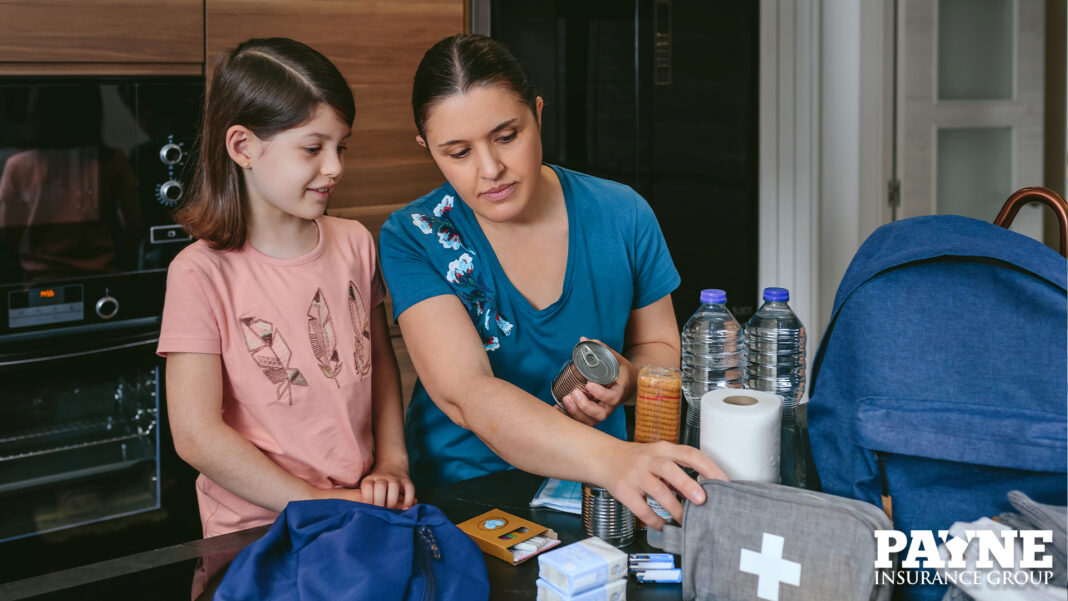In an unpredictable world, preparing for emergencies is not just a precaution; it’s a necessity. Payne Insurance Group, with its commitment to safeguarding its clients, emphasizes the importance of being well-prepared for any emergency. Whether it’s a natural disaster or an unexpected road trip interruption, having a plan in place can significantly reduce risks and ensure safety. This article outlines Payne Insurance Group’s key recommendations for comprehensive emergency preparedness.
Creating an Emergency Plan
Having a clear, well-thought-out emergency plan is crucial. Your plan should include:
- Communication Strategies: Establish how you will communicate with family members if you are not together during an emergency. Consider a central meeting place and have a list of emergency contact numbers readily available.
- Evacuation Routes: Know the evacuation routes in your area. Payne Insurance Group recommends practicing these routes to ensure everyone in your household is familiar with them.
- Emergency Kits: Assemble emergency kits for your home, car, and workplace. These should include essentials like water, non-perishable food, first-aid supplies, flashlights, extra batteries, and important documents.
Financial Preparedness
An often-overlooked aspect of emergency preparedness is financial readiness. Payne Insurance Group suggests:
- Emergency Fund: Set aside funds for emergencies. Having access to cash is vital, as ATMs and credit card machines may not be operational during a disaster.
- Insurance Review: Regularly review your insurance policies to ensure they provide adequate coverage for your needs. This includes homeowners or renters insurance, health insurance, and specific policies for natural disasters if you’re in a high-risk area.
Special Considerations for Travel
For those who travel, whether for business or leisure, Payne Insurance Group offers additional guidance:
- Travel Insurance: Consider purchasing travel insurance that covers trip cancellations, interruptions, medical emergencies, and evacuations. Ensure you understand the terms and coverage limits.
- Local Knowledge: Familiarize yourself with the local emergency plans and services of the places you’re visiting. Know the location of the nearest embassy or consulate if traveling abroad.
- Health Precautions: Carry a list of your medications and any medical conditions. Have a plan for refilling prescriptions if you’re away for an extended period.
Training and Education
Knowledge is power, especially in emergencies. Payne Insurance Group encourages clients to:
- First Aid and CPR Training: Knowing how to perform first aid and CPR can be life-saving in an emergency. Consider enrolling in courses offered by reputable organizations.
- Stay Informed: Use apps and services that provide real-time alerts for severe weather and other emergencies in your area.
Emergency preparedness is a comprehensive process that involves planning, preparation, and education. By following the guidelines provided by Payne Insurance Group, individuals and families can enhance their readiness for unexpected situations. Remember, the time to prepare for an emergency is before it happens. Taking steps now can make all the difference in ensuring the safety and well-being of you and your loved ones.
















